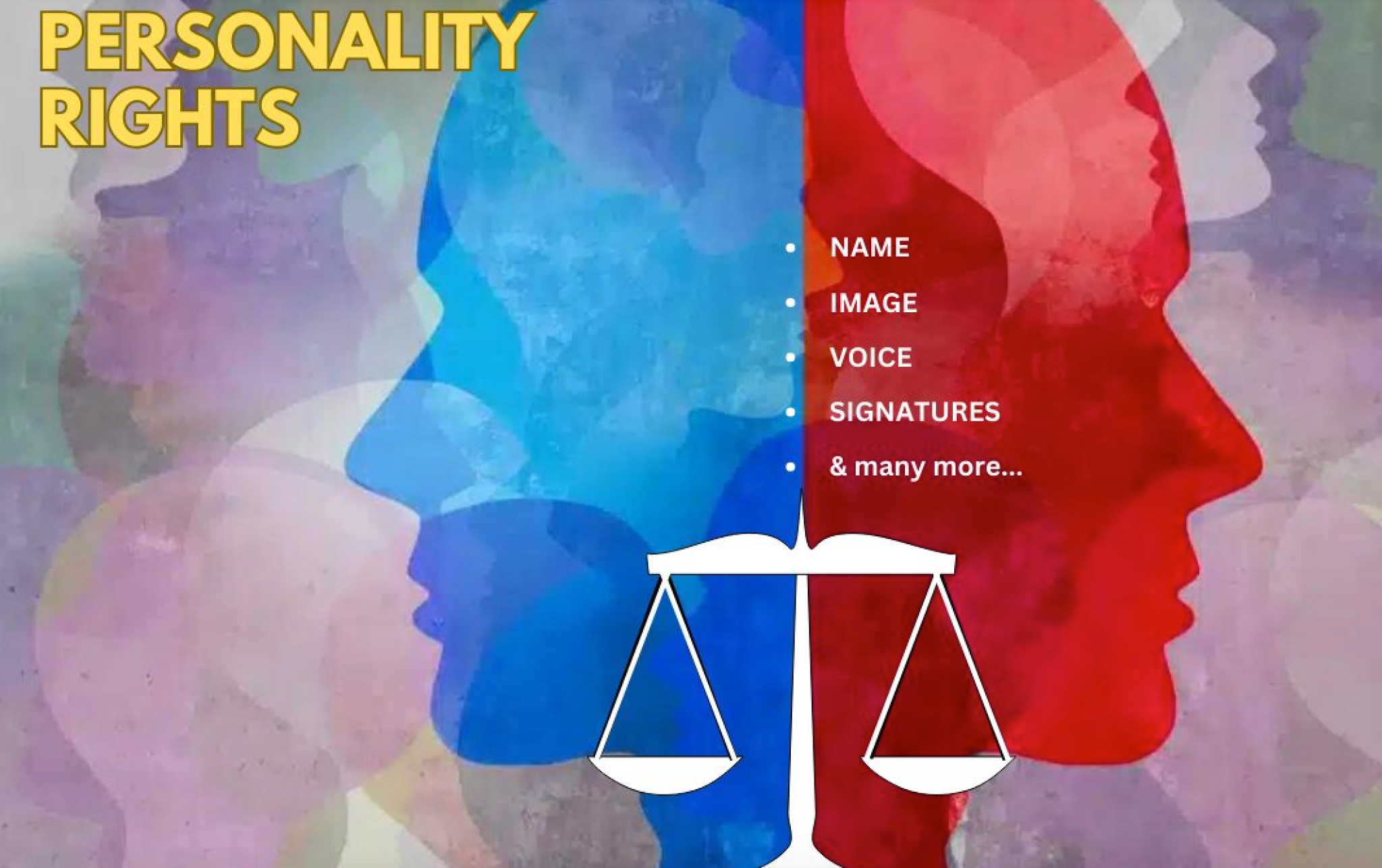Astronomical Transients

- 27 May 2024
Why is it in the News?
Recently the Indian-American astronomer Shrinivas Kulkarni was awarded the Shaw Prize for Astronomy in 2024 for his work on the physics of astronomical transients.
What are Astronomical Transients?
- Astronomical transients refer to celestial events or phenomena that occur suddenly, brighten or flare up for a brief period of time, and then fade away.
- These events are temporary and transient in nature, lasting from a few seconds to a few years.
Some examples of astronomical transients include:
- Supernovae: These are explosions that mark the end of a massive star's life cycle. They can briefly outshine an entire galaxy before fading away over several weeks or months.
- Gamma-ray bursts (GRBs): These are extremely energetic bursts of gamma-ray radiation that can last from a few milliseconds to several minutes.
- They are believed to be associated with the collapse of massive stars or the merging of compact objects like neutron stars or black holes.
- Novae: These are smaller explosive events on the surface of a white dwarf star in a binary system, caused by the accretion of material from a companion star.
- Tidal disruption events (TDEs): These occur when a star passes too close to a supermassive black hole and is torn apart by the black hole's gravitational forces, leading to a flare of electromagnetic radiation.
- Fast radio bursts (FRBs): These are intense bursts of radio waves that last only a few milliseconds and originate from distant galaxies. Their exact sources are still being investigated.
- Gravitational wave transients: These are transient events detected as gravitational waves, such as the merging of binary black holes or neutron stars, which produce a brief burst of gravitational radiation.
- Comets and asteroids: The close approach or impact of comets and asteroids can produce transient phenomena like outbursts, flares, or even temporary atmospheres around them.
- Astronomical transients are important for understanding various astrophysical processes, the evolution of celestial objects, and for studying the properties of the universe on different timescales.
Personality Rights

- 23 May 2024
Why is it in the News?
Hollywood actress Scarlett Johansson has said she was “shocked” and “angered” to hear the voice of GPT-4o, OpenAI’s latest AI model, as it sounded “eerily similar” to her own voice.
What are Personality Rights?
- Personality rights or publicity rights are a subset of “celebrity rights” – a much broader term used to refer to certain rights enjoyed by celebrities.
- Besides personality rights, celebrities also have “privacy rights”, which include the right to be left alone.
- The name, voice, signature, images, or any other feature easily identified by the public are markers of a celebrity’s personality and are referred to as “personality rights.”
- These could include poses, mannerisms, or any other distinct aspect of their public persona.
- Several celebrities register aspects of their personalities as trademarks to use them commercially.
- For instance, footballer Gareth Bale trademarked the heart shape he makes with his hands as part of goal celebrations.
- The rationale behind such rights is that only the creator or owner of the unique features can gain commercial benefit from them.
- Therefore, unauthorised use could lead to revenue losses.
- In India, actors such as Rajnikanth, Anil Kapoor and Jackie Shroff have approached the courts over “personality rights” in India.
- Recently, the Delhi HC protected the personality and publicity rights of actor Jackie Shroff while restraining various e-commerce stores, AI chatbots, and social media from misusing Shroff’s name, image, voice, and likeness without his consent.
How are Personality Rights Protected in India?
- Although personality rights or their protection are not explicitly defined in Indian statutes, they usually fall under the right(s) to privacy and property.
- Concepts in intellectual property rights cases, such as passing off and deception, are usually applied in such cases while ascertaining if protection is warranted.
- Protection can be given through damages and injunctions.
